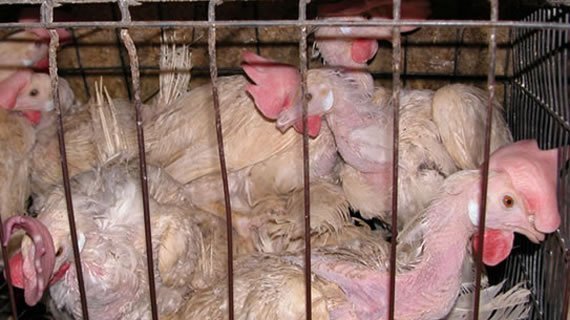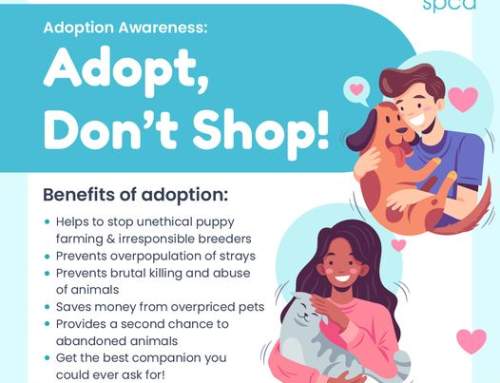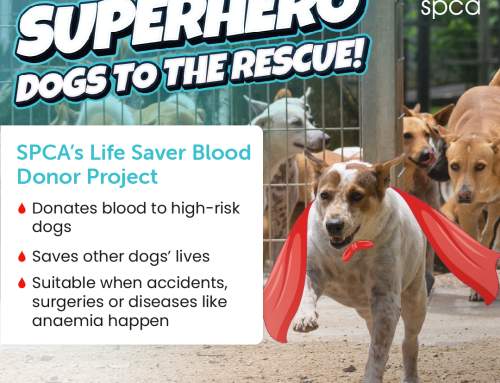AMPANG, SELANGOR: Society for the Prevention of Cruelty to Animals (SPCA) Selangor today launched its online petition and campaign to pressure fast food giant Subway to extend its commitment to use cage-free eggs in its products to its outlets in Asia.
Conventional battery farming for the production of eggs has been banned in the European Union since 2012, but battery cages are still the main form of housing for laying hens worldwide. Battery cages are cruel as they restrict movement, prevent the expression of natural behaviours, and increase rates of osteoporosis and injuries. They are also associated with food safety risks, including a higher risk of salmonella contamination.
Globally, the cage-free egg movement is growing rapidly, as conscious consumers demand that food producers switch to more humane farming methods and implement higher animal welfare standards for animals raised for food. Many multinational companies have already committed to the use of only certified cage-free eggs in their global operations, and Asian suppliers are rising to meet these new demands.
Subway has already committed to totally eliminate the use of battery-farmed eggs in its products in North America and Latin America and to fully switch to certified cage-free eggs by 2025. However, this commitment is not extended to its operations in Asia.
SPCA Selangor is therefore calling upon Subway, by way of a public petition and through communications with Subway’s decision-makers, to include Asia in its commitment to phase out battery-farmed eggs and transition to cage-free eggs.
Christine Chin, SPCA Selangor’s Chairman, says: “Whether you are a vegetarian, vegan, or omnivore, we can all agree on one thing – farm animals deserve kindness and better welfare standards. More humane farming methods already exist. Please join us in asking Subway to transition to using certified cage-free eggs in their products in Asia. A more compassionate world is possible. Choose a plant-based diet and non-animal tested products, and request companies to commit to higher farm animal welfare standards.”








